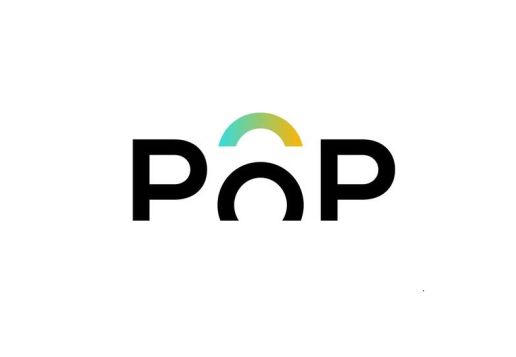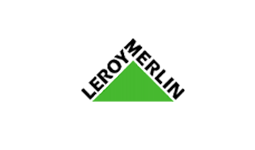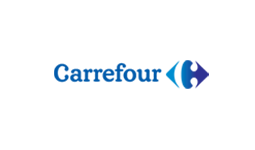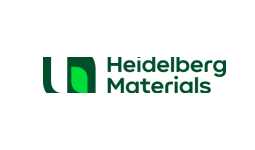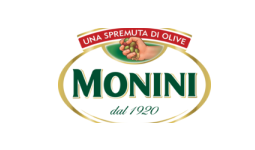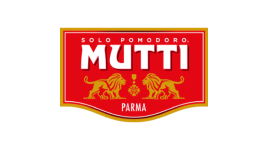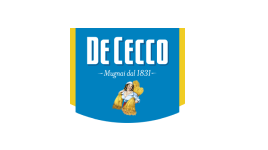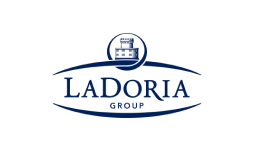 Global Digitization with Comarch EDI at Heidelberg Materials
Global Digitization with Comarch EDI at Heidelberg Materials
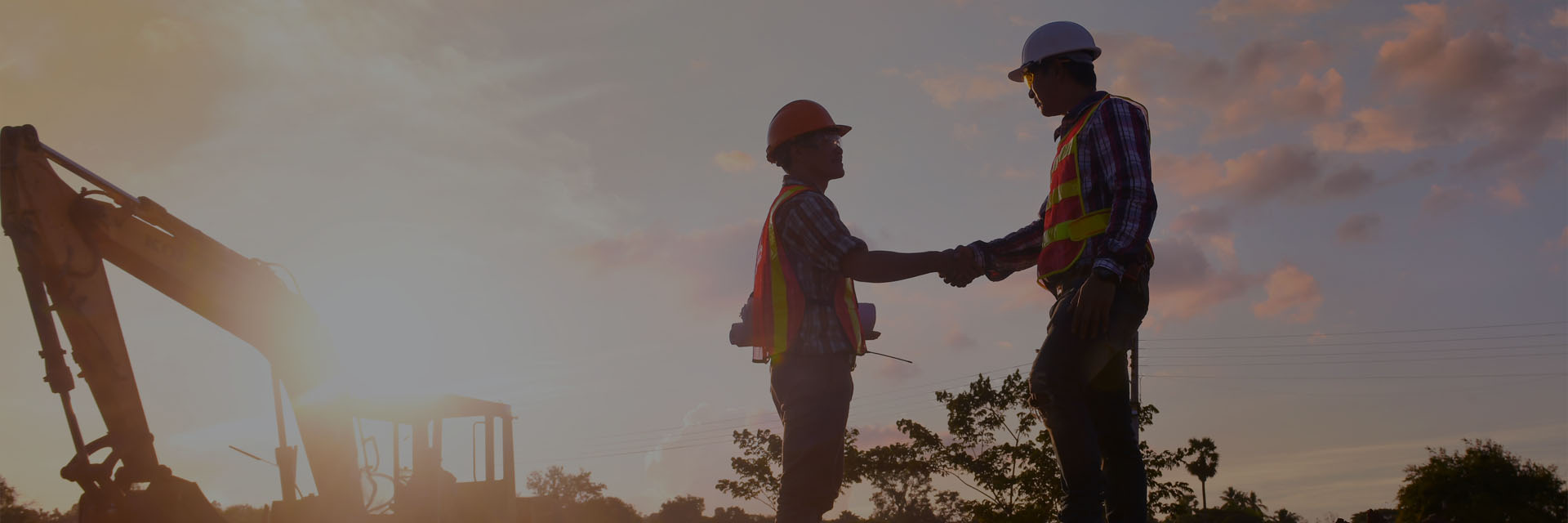
Heidelberg Materials is one of the world's largest integrated manufacturers of building materials and solutions, with leading market positions in aggregates, cement, and ready-mix concrete. The company has over 51,000 employees at almost 3,000 locations in more than 50 countries. The core activities comprise the production and sale of cement and aggregates, the two primary raw materials of concrete. Downstream activities mainly include the production of ready-mix concrete, but also asphalt, and other construction products in some countries. As a pioneer on the road to CO2 neutrality, Heidelberg Materials is also working intensively on sustainable building materials and solutions for the future.

Sustainable management is the basis for the long-term success of Heidelberg Materials. The extensive flow of goods and large volume of invoices must be managed successfully. The international networking of the accounting system across 50 supplied countries in which the products are used to construct houses, traffic routes, and commercial and industrial facilities, is a unique feature of Heidelberg Materials.

Against this backdrop, the innovative building materials company introduced a new IT solution that digitizes the exchange of business documents along the supply chain, maps the processes to fit Heidelberg Materials' vision precisely, and reflects all international specifics. The aim is to process potentially five million documents (in Europe alone) via the system to save around 250,000 person-hours each year and increase invoice automation by 80%.
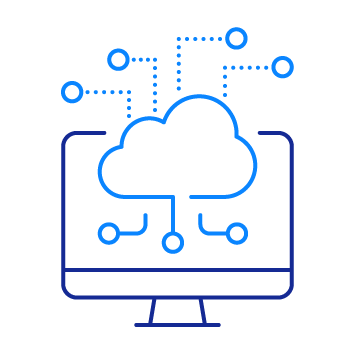
Heidelberg Materials now implements the exchange of business documents such as invoices, delivery bills and purchase orders with suppliers and customers using Comarch EDI services. The basis of the newly introduced solution is the technology for electronic data exchange, which has been integrated into several different ERP and SAP systems at Heidelberg Materials. In addition to the pure exchange of documents, including routing, data can be validated, and incoming paper documents and PDF files from emails are converted into structured data. These are then transferred directly to the connected downstream system in the same way as documents from direct integrations with business partners' IT systems. Comarch migrated EDI direct connections from existing solutions for this purpose. The project also included onboarding new business partners, archiving processed data in the existing Heidelberg Materials archive solution, and tracking all data flows via a Comarch interface.
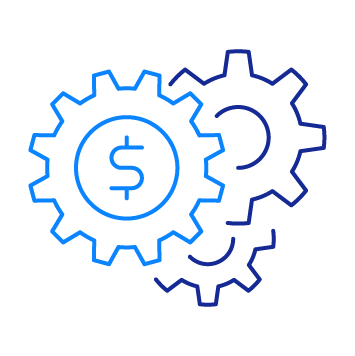
With professional training and support from Comarch, a team of experts has been formed at Heidelberg Materials to meet the challenge of digitizing the relevant processes in various group companies worldwide. Particular attention is being paid to the preceding and subsequent document transfer processes, so that these also benefit to the maximum from the change. After all, many interrelationships and synergy effects only arise when the P2P environment is viewed as a whole.
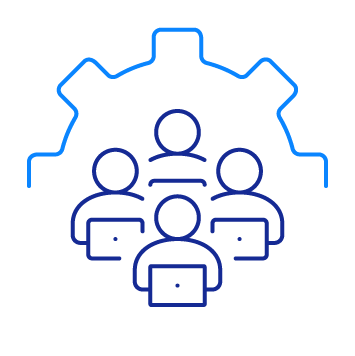
In the first step, the EDI connection of the largest customers in Germany was implemented, followed by the connection of other companies and rollouts in the United States, France, Italy, Poland, Belgium, Spain, the United Kingdom, Australia, Romania, and the Netherlands. The next steps will connect additional customers and suppliers and introduce additional document types. Following successful tests, the services will be extended to other Heidelberg Materials Group countries, including Hungary, Bosnia, and Herzegovina. This is in line with Heidelberg Materials' shared service approach to optimizing and reducing the cost of administrative work with the help of Comarch solutions.
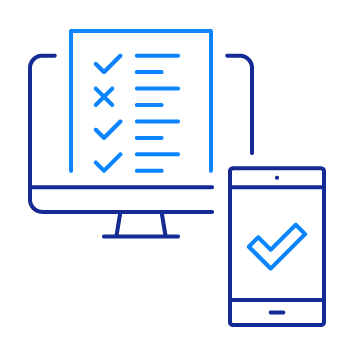
System provides efficient and secure exchange of data across the supply chain. Within a few days your business can start communicating electronically with all partners regardless of their technological maturity and geographical area.
